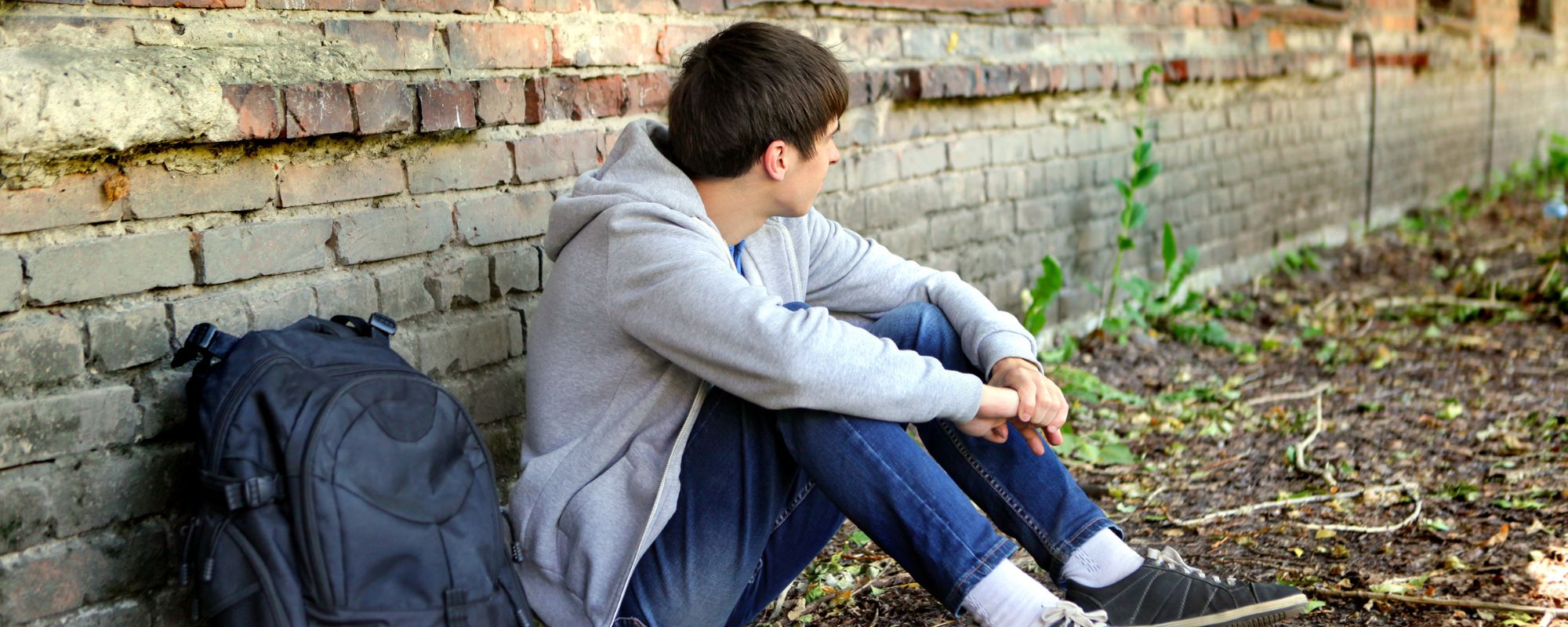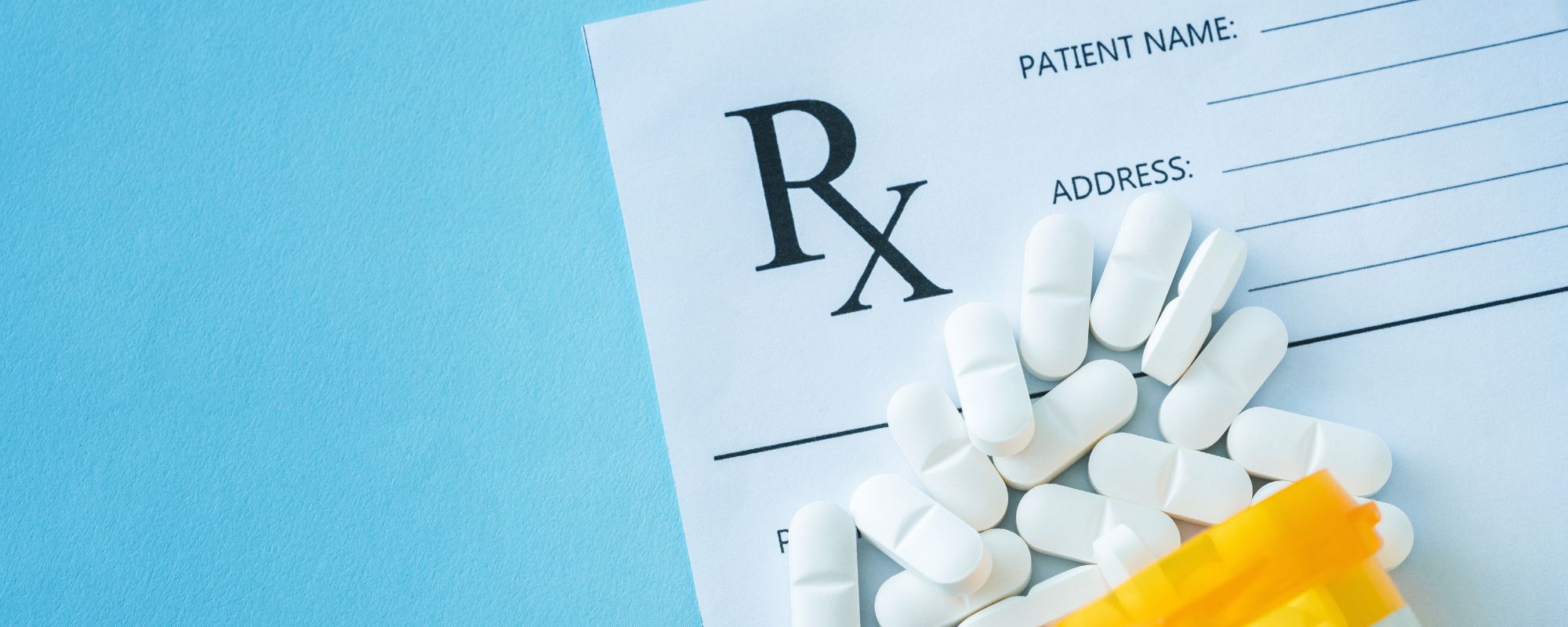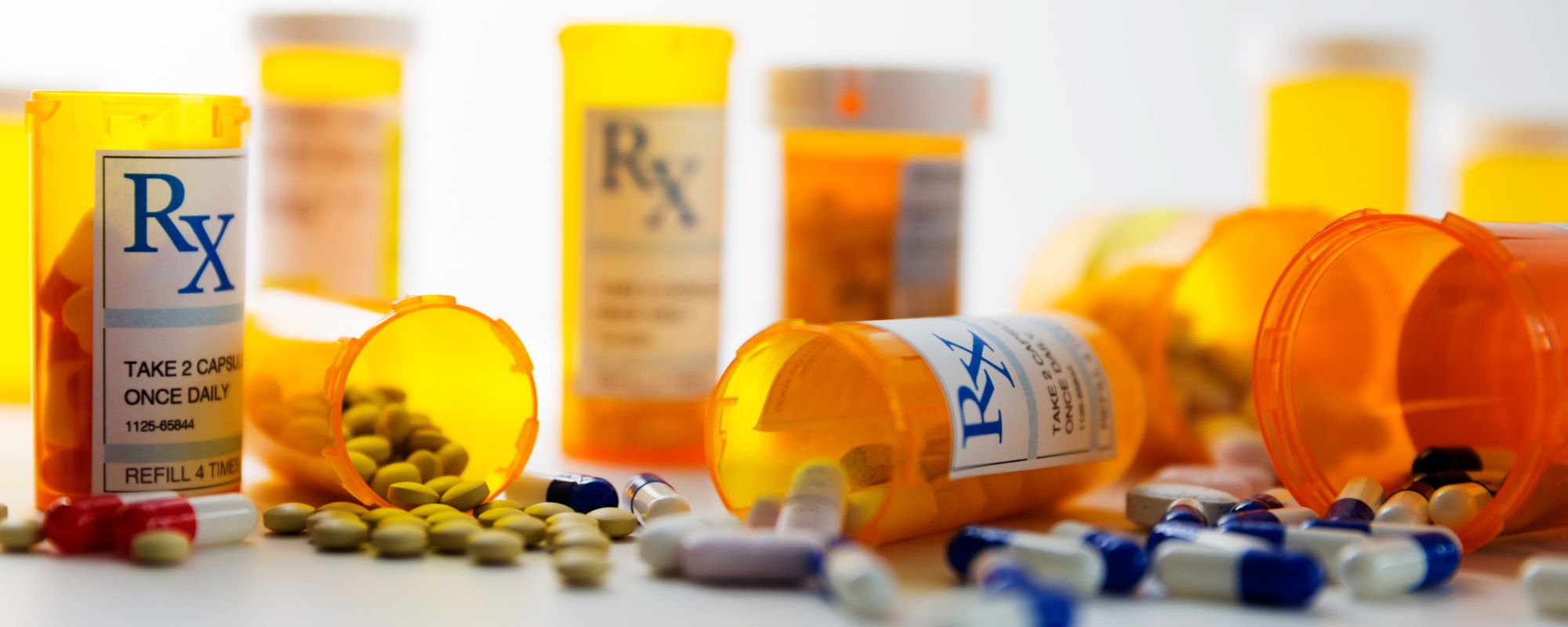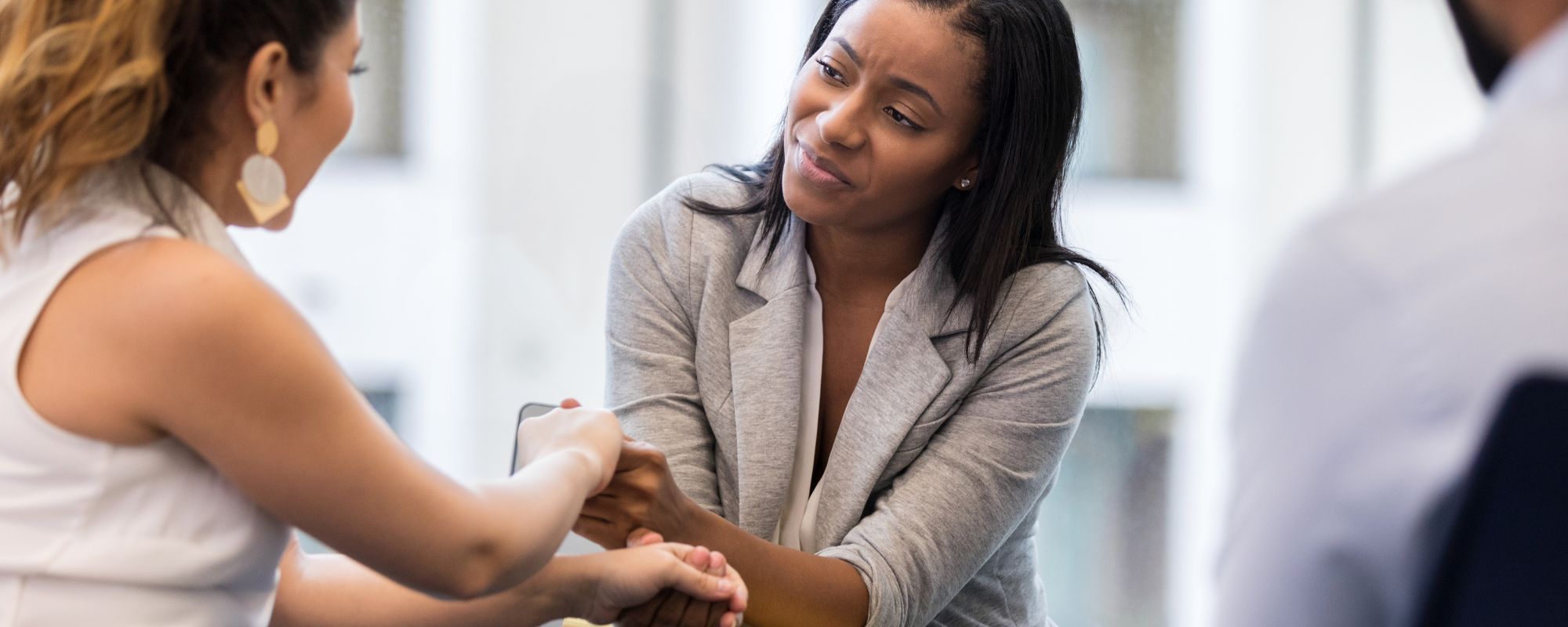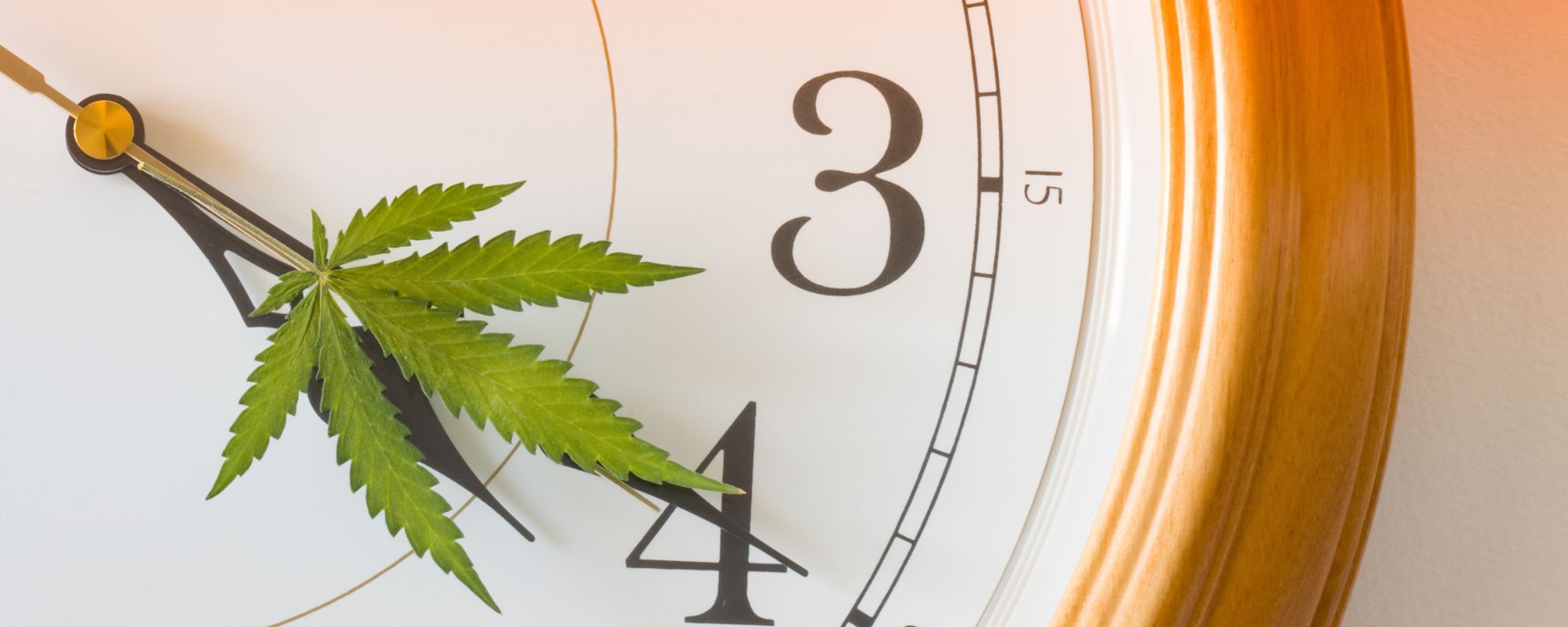After completing drug rehab, it’s crucial to be mindful of the things to avoid in order to maintain long-term sobriety and support your ongoing recovery process. One of the most important steps is to steer clear of drugs and alcohol, as returning to old habits can quickly derail the progress made during addiction treatment. This includes avoiding environments or people that may trigger the urge to relapse, especially if they are associated with past drug or alcohol use. While outpatient treatment or programs like Alcoholics Anonymous (AA) and 12-step programs provide valuable support, individuals in recovery should also be cautious of online addiction forums or groups that might reinforce negative behaviors.
5 Things to Avoid After Drug Rehab
After treatment, it’s important that you are working a program and maintaining certain habits and routines to stay sober and keep recovery strong. It is just as important, however, that you avoid certain things that do not support— or may be harmful to— your recovery. Remember that recovery is a continuous process and that there will be speed bumps. There are several things that you should avoid after drug rehab to protect yourself and your sobriety.
Your triggers
Avoiding neighborhoods and streets where you used to buy or use drugs and people you used to use with are some of the most common pieces of advice for those who are newly recovered— and for good reason. Hanging out with the same friends at the same places you frequented in active addiction can put you in a position of unnecessary temptation and jeopardize your sobriety.
You probably know what many of your triggers are, but others may be less obvious. Pay close attention to how different situations make you feel and what memories/experiences make you want to use. It’s important that you are prepared to handle your triggers, unexpected or expected, without substances.
Toxic people
It may be difficult to do, but it’s important that you cut out unhealthy relationships from your life. Friends that you used to use with who are still in active addiction and unwilling to curb their behavior when they are with you are probably not the right people to keep around. Also, consider people you may have engaged in other high-risk behaviors, such as drinking or unprotected sex, with. Your friends and family should respect your decision to be sober and not expose you to behaviors that put you at risk for relapse.
Reach Out For Help With Addiction
Are you or a loved one struggling with addiction?
Royal Life Centers at Puget Sound is here to help you recover. Because we care.
Not Maintaining Your Support Network
After determining who is toxic and how to best avoid them or eliminate them from your life, focus your efforts on building your sober support network. It’s important that you surround yourself with others who understand you and people who you can count on to build you up and help you through the difficulties and uncertainties of recovery. These people can include your sponsor, counselor, and trusted family members and friends who are willing to accommodate your new lifestyle.
Going to community AA or NA meetings can help expand your sober network by connecting you with people in the neighborhood who understand the nuances of addiction and early recovery. Meetings are a great place to meet like-minded people who can become friends, mentors, sponsors, and sponsees.
Believing You Can Recover on Your Own
One of the biggest mistakes you can make— at any stage in recovery— is convincing yourself that you can stay sober on your own. Without support and guidance, it can be easy to lose track of your goals and objectives and stay motivated when you face difficulties or threats to your sobriety. You will encounter numerous speed bumps in recovery, so being able to deal with them, foreseen and unforeseen, is essential.
Not Dedicating Time to Your Mental Health/Self-Care
Mental health disorders such as depression and anxiety often co-occur with substance use disorder, and it’s important that you are not just managing your addiction but also keeping tabs on your mental health. Take time each day to take inventory of how you are feeling; spending time with yourself and making adjustments, as needed, to improve your well-being and feel good mentally and physically is essential.
The use of evidence-based treatments, such as cognitive behavioral therapy (CBT), skills therapy, and motivational enhancement therapy, are essential to help a person in recovery cope with cravings and triggers. Sober living homes offer a structured, supportive environment during the transition back to daily life after rehab. It’s important to continue with dual diagnosis treatment if dealing with mental health conditions like PTSD, anxiety, or depression, which may otherwise complicate addiction recovery. As you progress through treatment and recovery programs, staying committed to family therapy, relapse prevention strategies, and aftercare such as outpatient rehab or intensive outpatient programs (IOP) can help you sustain your recovery from addiction.
At Royal Life Centers at Puget Sound, we treat dependence on alcohol, benzodiazepines, methamphetamine, opioids, and cocaine. Our medical detox and residential inpatient programs give guests the foundation they need to recover from substance use disorder. Please reach out to us at (877)-RECOVERY with any questions that you may have about our programs.

